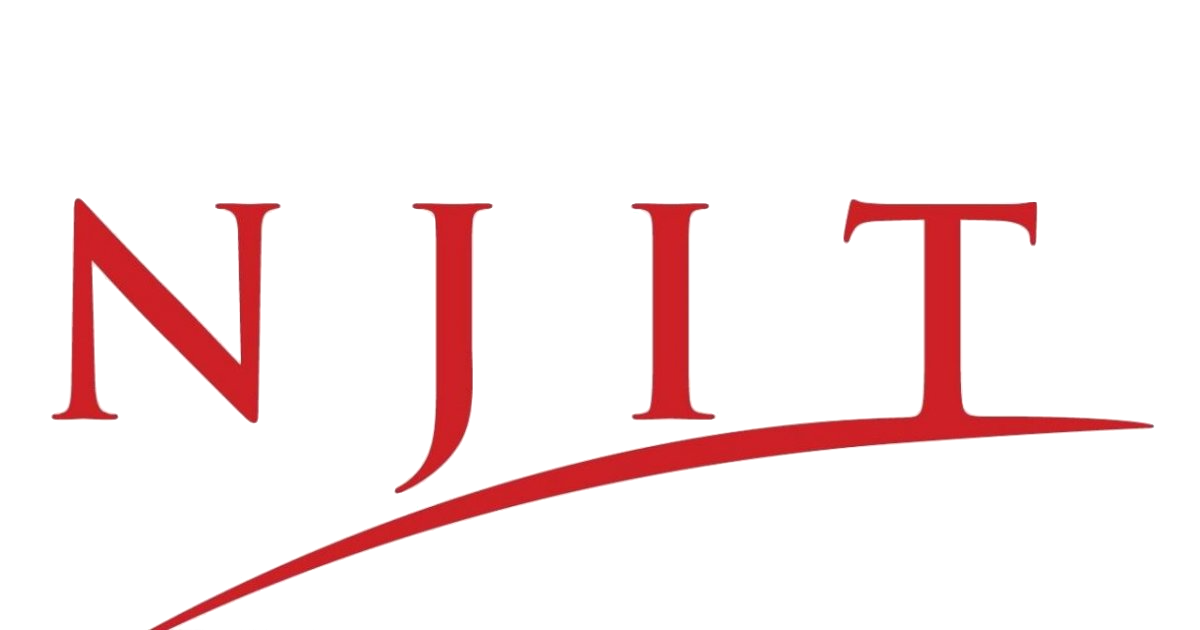teaching
Here, you'll find links to materials for classes I've taught.
I greatly enjoy teaching and strive for interactive classes. I much prefer using games and activities to communicate concepts rather than lecture and often include projects in my courses.
If you would like to know more about my teaching philosophy, feel free to read my teaching statement.
fall, 2021
 IS688 : Web Mining
IS688 : Web Mining
The primary focus of this course is on web usage mining and its applications to business intelligence and search domains. You will learn techniques from machine learning, data mining, text mining, and databases to extract useful knowledge from the web and other unstructured/semi-structured, hyper- textual, distributed information repositories. This data could be used for site management, automatic personalization, recommendation, and user profiling. Topics covered include crawling, indexing, ranking and filtering algorithms using text and link analysis, applications to search, classification, tracking, monitoring, and Web intelligence. Programming assignments give hands-on experience. A group project highlights class topics.
spring, 2021
 IS688 : Web Mining
IS688 : Web Mining
The primary focus of this course is on web usage mining and its applications to business intelligence and search domains. You will learn techniques from machine learning, data mining, text mining, and databases to extract useful knowledge from the web and other unstructured/semi-structured, hyper- textual, distributed information repositories. This data could be used for site management, automatic personalization, recommendation, and user profiling. Topics covered include crawling, indexing, ranking and filtering algorithms using text and link analysis, applications to search, classification, tracking, monitoring, and Web intelligence. Programming assignments give hands-on experience. A group project highlights class topics.
fall, 2020
 IS735 : Social Media
IS735 : Social Media
Seminar style course that covers design and impact of computer-based systems for human communication, including email and IM, discussion boards, Computer-Supported Cooperative Work (CSCW), Group Decision Support Systems (GDSS), and Social Networking Systems. Topics include alternative design structures, impacts of primarily text-based group communication, and recent empirical studies of virtual teams, online communities, and systems used for social networking, including 3-D worlds such as Second Life and ”micro blogging” systems such as Twitter.
spring, 2020
 IS350 : Computers, Society, and Ethics
IS350 : Computers, Society, and Ethics
This course provides a historical overview of computing and its embedding in social and ethical constructs. We discuss a variety of ethical frameworks for evaluating decisions about technology, its development, and its applications.
fall, 2019
 IS350 : Computers, Society, and Ethics
IS350 : Computers, Society, and Ethics
This course provides a historical overview of computing and its embedding in social and ethical constructs. We discuss a variety of ethical frameworks for evaluating decisions about technology, its development, and its applications.
spring, 2018
 ENPM809G : Network Data Science
ENPM809G : Network Data Science
This course will introduce methods for analyzing and understanding the structure and function of networks, including social networks, web graphs, and sensor networks. The course will introduce students to the math and science of network analysis. Through real world examples, including analysis of their own networks, students will develop skills for describing and understanding the structure, patterns, and functionality of networks. Students will read classic and cutting edge articles and books about these topics and discuss their applicability to various network types. The class will culminate with a capstone project in which students will apply the analysis methods they have learned to understanding a particular question about a network they choose.
winter, 2018
 INST728E : Special Topics in Info Studies - Social Media and Crisis Informatics
INST728E : Special Topics in Info Studies - Social Media and Crisis Informatics
This course builds practical experience in using Python to analyze and discover insights from social media during times of social unrest or crisis. We demonstrate how temporal, network, sentiment, and geographic analyses on Twitter can aid in understanding and enhance storytelling of controversial events, including protests in Ferguson, MO and Baltimore, MD. These demonstrations will include hands-on exercises on categorizing tweets by location and sentiment (positive or negative language), visualizing the different groups of people taking part in the discussion using NodeXL, and detecting compelling moments in the data. Students will also be introduced to the Jupyter notebook framework to aid in repeatable research and support dissemination of results to others.
fall, 2017
 INST346 : Technologies Infrastructure and Architecture
INST346 : Technologies Infrastructure and Architecture
This course examines the basic concepts of local and wide-area computer networking including an overview of services provided by networks, network topologies and hardware, packet switching, client/server architectures, network protocols, and network servers and applications. The principles and techniques of information organization and architecture for the Web environment will be covered along with such topics as management, security, authentication, and policy issues associated with distributed systems.
summer, 2017
 INST326 : Object-Oriented Programming for Information Science II
INST326 : Object-Oriented Programming for Information Science II
This course will focus on program design and implementation, emphasizing understanding and development of non-trivial applications, object-oriented design, and other approaches.
fall, 2015
 CSC546 : Introduction to Computer Networks
CSC546 : Introduction to Computer Networks
An introduction to the basic concepts of computer networks. The architecture of data communication systems, the seven-layer model of a network, and the physical, data link, network, transport, and session layers are explored. Protocol algorithms are considered for the implementation of the various network layers.